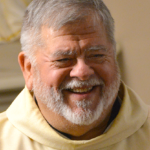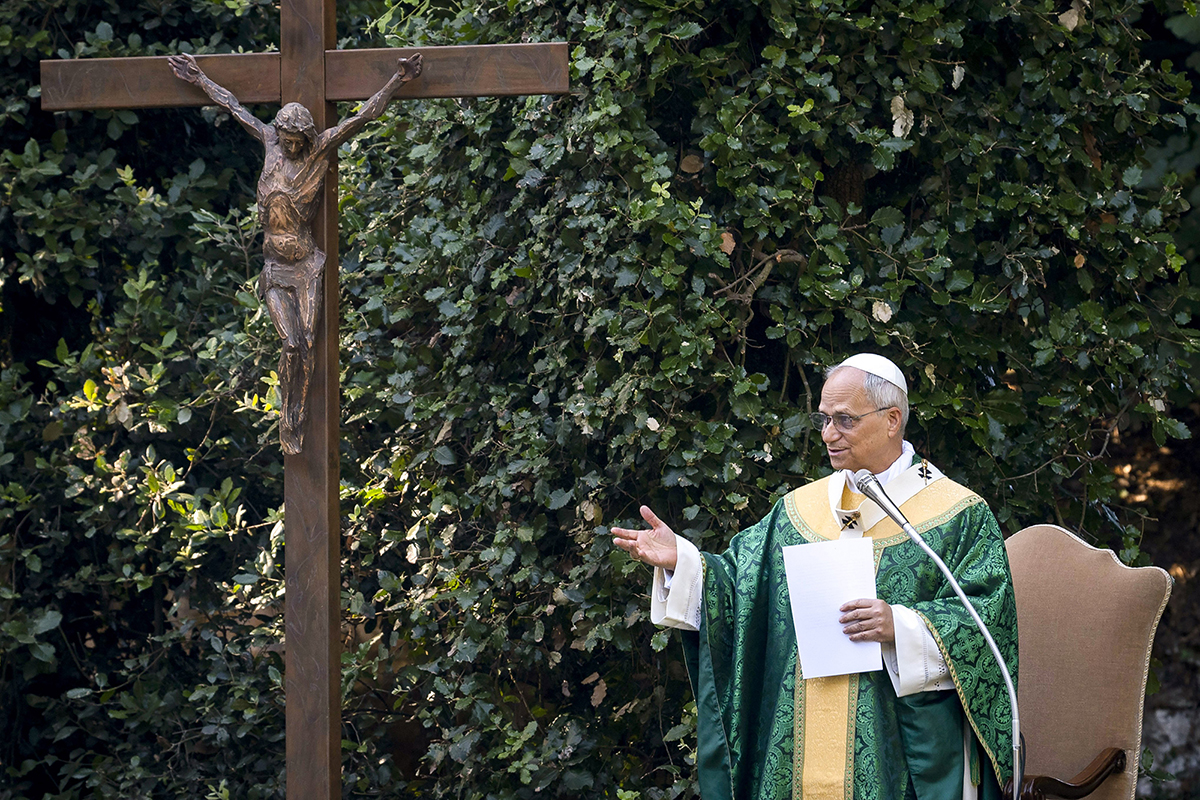SUNDAY SCRIPTURES FOR MAY 11 | The power and humility to live more like Jesus
Our relationship with Jesus is based on His free gift, not our achievements

With the passing of Pope Francis and all the reflections and memories that have been shared about him, we see a particular focus on one area of the life of Jesus that is difficult for us to emulate in our day. If there was one thing that Pope Francis was known for, it was his attitude toward those who were on the fringes of society and toward those who thought they were better than those on the peripheries. The late pope invited us, as the Scriptures do for the fourth Sunday of Easter, to become a community in which everyone believes that they belong.
Think of striving to attain a goal: Once we have attained it, we tend to hold onto it and protect it no matter what. We recognize the hard work that went into it and we don’t want anything to put it in jeopardy. Many of us view a relationship with Jesus in that same way. We work hard at dealing with our sins and cultivating acts of mercy and charity in our lives. When we get to a point where we experience a sense of satisfaction and acceptance by Jesus, we feel like we have attained something that needs to be protected. That belief is far from the truth.
One mistake about that way of living is that we believe that we have attained a modicum of a good relationship with Jesus. This is something that we have accomplished and comes about through our good deeds and prayers. As we hear in the Scriptures, God’s initiative and power brings us the gift of salvation and the gift of life. Our deeds don’t earn that. What a different world it would be if we truly lived out the belief that God’s love for us sets us free and gives us the gift of eternal life, not how accomplished we are. If we believe that, our acts of charity and mercy would be motivated by the love we have received.
Once we realize that our relationship with Jesus is secured by His acts of love and not our own, we have the power and the humility to live more like Jesus. Instead of protecting our achievement, we become more willing to risk our love for the sake of others’ healing, and peace. When we look at the cross of Jesus, we see the ultimate act of love. He did not feel threatened by His enemies, even though they had the power to kill His body. He approached the people of His time who others said would make Him impure. He risked His status in the community because He is love; He went out to touch and be with and eat with the poor, the leper, the sinner and even the self-righteous.
A time of great distress, noted in a reading from the Book of Revelation, speaks about our time. We could lose our focus on what is being spoken about as distress. We may think of this as times when our faith is threatened by others or our religious rights are being taken away — we do need to pay attention to those. But the greater time of distress is our choice whether to choose love or hatred, to choose community or separation. Do we choose to love our enemies? Do we walk in the margins of society rather than choosing the safe place where everyone agrees with me? Does living, dying, and rising mean anything to us, or is it simply a one week celebration?
Father Donald Wester is retired and serves as lecturer of homiletics at Kenrick-Glennon Seminary.




